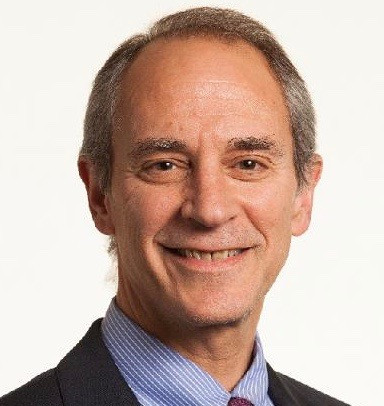
I admit it: I’m not a fan of drug ads. I think the information provided is often confusing and rarely well-balanced. Plus, there are just so many ads. They show up on TV and streaming programs, on social media, on billboards and the sides of busses, on tote bags, and in public bathrooms. Yes, there’s no refuge — even there — from the billions spent on direct-to-consumer ads in the US.
I’ve often wondered how highly-promoted, expensive new drugs stack up against other available treatments. Now a new study in JAMA Network Open considers exactly that.
Many advertised drugs are no better than older drugs
The study assessed 73 of the most heavily advertised drugs in the US between 2015 and 2021. Each drug had been rated by at least one independent health agency. Researchers tallied how many of these drugs received a high therapeutic value rating, indicating that a drug had at least a moderate advantage compared with previously available treatments.
The results? Only about one in four of these heavily advertised drugs had high therapeutic value. During the six years of the study, pharmaceutical companies spent an estimated $15.9 billion promoting drugs on TV that showed no major advantage over less costly drugs!
Why drug ads are not popular
Only the US and New Zealand allow direct-to-consumer medication marketing. The American Medical Association recommended a ban in 2015. While I’ve often written about reasons to be skeptical, let’s focus here on three potential harms to your wallet and your health.
Drug ads may
- raise already astronomical health care costs by increasing requests for unnecessary treatment and promoting much costlier medicines than older or generic drugs.
- create diseases to be treated. Everyday experiences, such as fatigue or occasional dryness in the eyes, may be framed in drug ads as medical conditions warranting immediate treatment. Yet often, such symptoms are minor, temporary experiences. Another example is “low T” (referring to low blood testosterone). While it’s not a recognized illness on its own, ads for it have likely contributed to increased prescriptions for testosterone-containing medicines.
- promote new drugs before enough is known about long-term safety. The pain reliever rofecoxib (Vioxx) is one example. This anti-inflammatory medicine was supposed to be safer than older medicines. It was withdrawn from the market when evidence emerged that it might increase the risk of heart attack and stroke.
Four questions to ask your doctor if you’re curious about a drug ad
Wondering whether you should be taking an advertised drug? Ask your doctor:
- Do I have a condition for which this drug is recommended?
- Is there any reason to expect this drug will be more helpful than what I’m already taking?
- Is this drug more expensive than my current treatment?
- Do my health conditions or the medications I already take make the drug in the ad a poor choice for me?
The bottom line
The AMA recommended banning drug ads nearly a decade ago. But a drug ad ban seems unlikely, given strong lobbying by the pharmaceutical companies and concerns about violating their freedom of speech.
Still, cigarette commercials were banned in 1971, so it’s not an impossible dream. Meanwhile, my advice is to be skeptical about information in drug ads, and rely on more reliable sources of medical information, including your doctor. Consider contacting the Federal Communications Commission if you have complaints about these ads — a step few Americans seem to take. And try this: mute the TV, fast-forward your podcast, and close pop-ups as soon as drug ads appear.
About the Author

Robert H. Shmerling, MD,
Senior Faculty Editor, Harvard Health Publishing; Editorial Advisory Board Member, Harvard Health Publishing
Dr. Robert H. Shmerling is the former clinical chief of the division of rheumatology at Beth Israel Deaconess Medical Center (BIDMC), and is a current member of the corresponding faculty in medicine at Harvard Medical School. … See Full Bio View all posts by Robert H. Shmerling, MD




